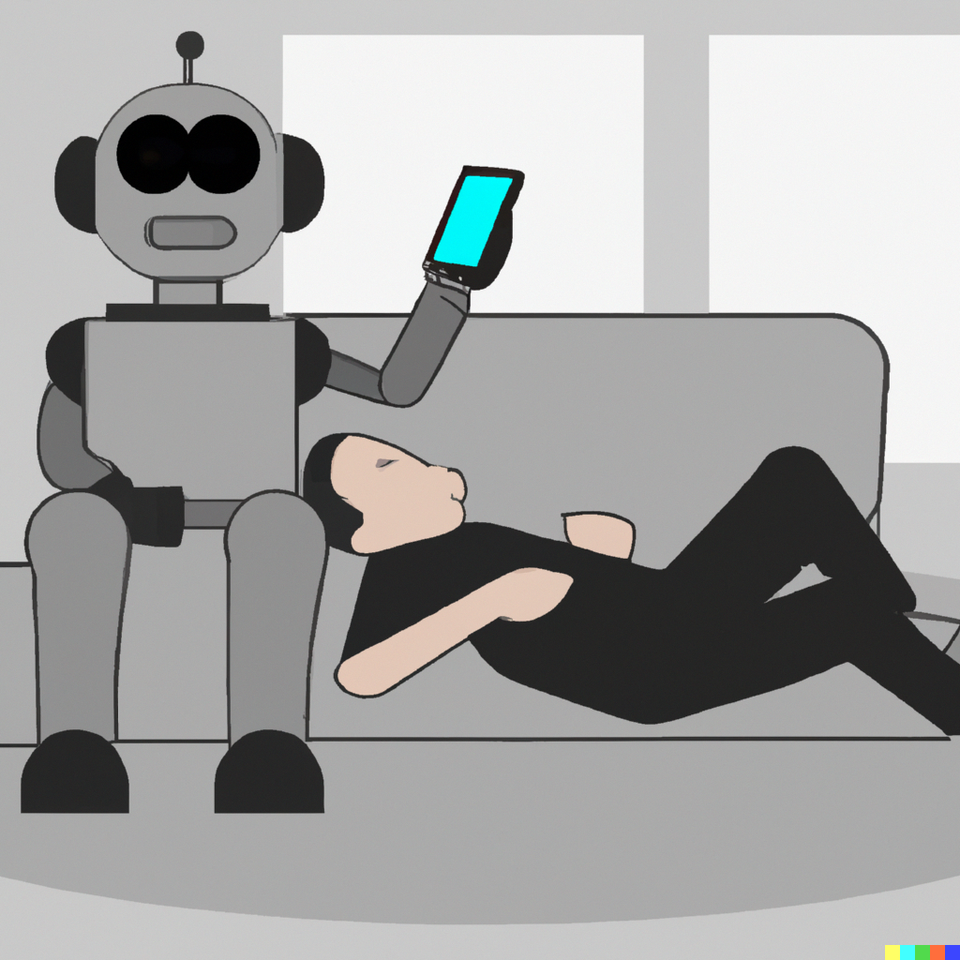AI and the Constraints on Time

The promise of AI is all around us, and nowhere have we seen it more than customer service. Intercom’s GPT4 driven chatbot can resolve “50% of support questions instantly” and consulting firms are forecasting big drops in customer support costs.
But everyone on this issue is missing something: Companies will have their AI to answer questions, but now customers will have their own AI to ask them! The most likely outcome is not company AIs talking to humans but AIs talking to AIs.
You have an AI, but so do I!
Consider this: If you’ve ever worked in customer support operations (I helped build them at my last company), you know that there are always some customers who are a nightmare to deal with. They incessantly contact you and do not take no for an answer.
Now imagine a super-powered version of that: a customer who calls you day and night, does not get tired, and seemingly has nothing better to do than to contact you constantly about their issue. This will be a reality when everyone (soon!) has access to AI “Agents” who will act on their behalf. Need a refund? Tell your AI agent to call or email incessantly until you get it. And if you are particularly angry, you can have them call up just to complain repeatedly while you go about your day.
Where all this leads is a world in which your AI and a company's AI are going back and forth endlessly as neither one will relent, starting a never ending series of optimizations on both AIs' parts. The current hope of companies easily solving inbound customer support inquiries with AI will not be so simple after all.
AI and constraints on time
If you think about it, this is similar to what happened with previous technology in customer service: The introduction of the email and the internet made it way more efficient for customers to self-serve and for companies to reply to customer issues.
So did we see a big decline in companies’ customer support needs? Not that I can tell. When the price for something comes down (in time or money), demand goes way up! Because it’s easier to reach businesses, more people end up reaching out and with more complex questions than they likely did in the pre-internet days.
I’m not here to argue that the net impact of AI will all be a wash with no impact on customer service employment or employment in general. These types of macro impacts are a discussion for another (longer) piece.
But I do believe AI will greatly disrupt things that are currently only constrained by human time. Consider how communication with friends has changed. You used to only be able to keep in touch with people you could talk to on the phone on any given day. Then email and texting meant you could be chatting with 20 different friends in a day. With everyone having their own AI working autonomously for them, this will only expand further. And when you think about other areas of human interaction (work, dating, etc.) things could get even crazier.
We will need “proof of personhood”
It’s all a bit dizzying to think about and I’m not really sure of everything that will happen (the future will be weird!). What’s clear is we need some type of “proof of personhood” to both prevent endless AI vs AI conversations but (more importantly) the very basics of online communication: verifying students taking tests, people working in remote jobs, and grandsons calling their grandmothers. AI voice scams are already creating the need for “safe words” within families, which clearly is not the long-term answer.
With the internet, we had a similar problem. CAPTCHA technology came out to prevent the rise of bots, and CAN-SPAM was part of the regulatory response. I think we’ll need the equivalent of these for the AI age.
On this topic, I’d recommend reading through this article by Worldcoin called “Humanness in the Age of AI” which gets deeper into all of this. As they discuss, AI will soon make it impossible to “determine humanness based solely on intelligence” and current methods will be pretty inadequate in answering the basic questions like “Who are you?” and “Are you who you say you are?” It’s no coincidence that Sam Altman, current head of OpenAI, has been involved in Worldcoin for many years. Whether Worldcoin or something else, proof of personhood will need to be solved pretty soon to make life in the AI age manageable.
Note: This post (idea -> publish) was written within one day as part of the "Writing Sprints" program.